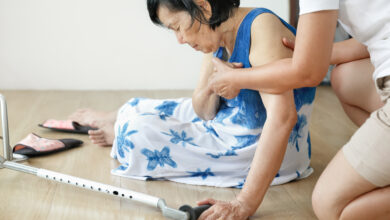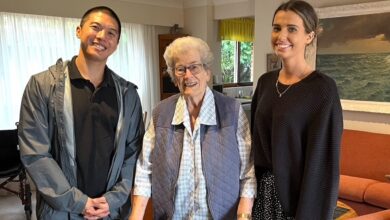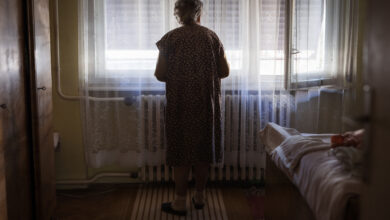Hospitals urged to restrain use of aggressive treatments for elderly

UNSW medical researchers are calling for restraint on the use of aggressive life-saving treatments for elderly patients, saying the focus should be placed on making them comfortable towards the end of their life.
The study led by Adjunct Associate Professor Magnolia Cardona reviewed 733 patients, and found that a third of those were subjected to aggressive procedures.
The median age was 68 years, but a third of the patients were older than 80 years.
About 40 per cent of those aged 80-plus were subjected to stringent procedures such as incubation, intensive monitoring, intravenous medications, transplants and painful resuscitation attempts.
She said these treatments brought about unnecessary suffering for patients by admitting them to the ICU, and placed strain on their families and the health system.
“Some risk factors such as a history of presenting to the emergency room or several hospital admissions in the past few months, as well as not-for-resuscitation orders, are clearly linked with poor clinical prognosis and impending death,” Cardona said.
“Such high-risk flags could be used as a guide to refrain from using the emergency team. If hospital staff were trained for earlier recognition of when death is inevitable, patients could be spared such aggressive treatments and allowed a less traumatic and more dignified end.”
Cardona said patients or families can discuss their preferences before a health crisis takes place and before they lose the ability to make choices.
In particular nurses and aged care facilities can support people with writing an advance care directive by providing the relevant documents. She added that these decisions are not permanent and patients can change their minds.
Email: [email protected]





